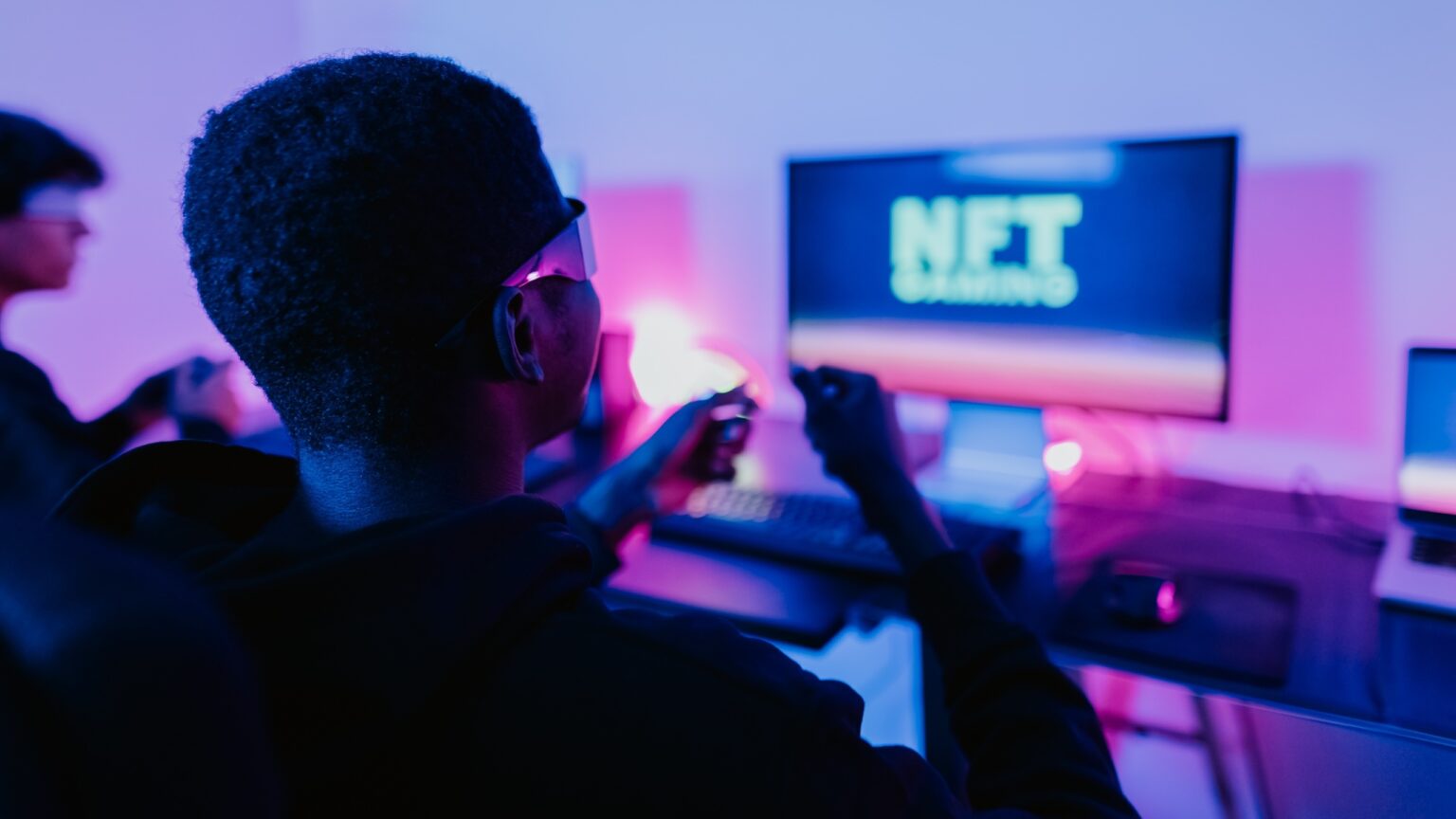Game7’s State of Web3 Gaming 2023 report reveals Asia-Pacific’s lead in game development and the U.S.’s dominance in funding, offering a deep dive into the evolving landscape of blockchain-based gaming.
The report, led by George Isichos and Steven Chen from Game7, examines a wide range of data, including over 1,900 blockchain games, 1,000 funding rounds, and 170 blockchain ecosystems.
Game7 is excited to share our State of Web3 Gaming Report 🚨
Take a deep dive into –
🎮1,900 Blockchain Games
💰1,000 Funding Rounds
🧩170 Ecosystems
📅 2018 to October 2023Insights on –
🔺Fundraising
🔺Competitive Dynamics
🔺Blockchain NetworksAnd much more!
Let’s… pic.twitter.com/oFLz9UcadP
— Game7 DAO (@G7_DAO) November 13, 2023
Asia-Pacific and the US dominate in Web3 Gaming development
The Asia-Pacific region has become dominant in Web3 game development, holding 40% of the global developer pool. Countries such as South Korea, Singapore, Vietnam, and Australia are leading this growth, with South Korea notably increasing its contribution to 27%.
Concurrently, the United States maintains a formidable presence in the sector. It contributes to 30% of the new Web3 gaming teams and is the most significant developer market. This dual role of a development hub and a market leader underscores the US’s pivotal position in the global Web3 gaming narrative.
Investment and funding: resilience and growth
Despite a slowdown in 2022, Web3 gaming has shown remarkable resilience and growth in 2023. The sector has attracted $19 billion in funding since 2018, with $1.5 billion coming in 2023 alone. This influx of capital is fueling existing initiatives and fostering new ventures across genres such as sports, MMOs, RPGs, and action games.
Also Read: Japan’s $663M Startup Fund Fuels Web3, AI, and Metaverse
While the triple-A segment accounts for only 6% of the market share, indie and midsize projects are emerging as the primary drivers of innovation, indicating a more democratized gaming landscape.
Technological trends
A notable increase in new networks targeting gaming, up by 40% from the previous year, reflects the technological dynamism of this sector. Ethereum-based networks and the Polygon ecosystem are becoming preferred choices, showcasing a trend towards Layer 1 and 2 solutions.
However, distribution remains challenging, with many Web3 games not yet integrated into mainstream platforms. A positive change is visible, though, with Epic Games expanding its portfolio of Web3 games from just two in mid-2022 to 69 by the end of 2023. This trend points towards a gradual but significant integration of Web3 games into mainstream gaming platforms.
The blockchain migration: competition and choices
An intriguing development highlighted in the report is the migration of Web3 games across various networks. Polygon, Immutable, and Arbitrum have emerged as popular choices, illustrating the competitive nature of blockchain technology and its influence on developer preferences.
The @G7_DAO team pulled together massive data & accomplished a huge feat w/ the Game7 report.
The @Immutable x @0xPolygon tech stack continues to succeed, paving the way for the next generation of game development in the Immutable and Polygon ecosystems.https://t.co/I7QKd69MmU pic.twitter.com/pxV3VsCNia
— Polygon (Labs) (@0xPolygonLabs) November 14, 2023
OP Stack is gaining prominence as a preferred framework for creating new networks catering to gaming applications, highlighting the ongoing innovation in the sector.
What are Web3 games?
Web3 games employ distributed ledger technology to enhance transparency, security, democratization, and player autonomy regarding in-game assets.
These games operate on a decentralized, peer-to-peer blockchain framework, incorporating elements like cryptocurrencies and non-fungible tokens (NFTs). This technology lets players independently possess, exchange, and transfer in-game items such as NFTs and other digital assets without intermediary oversight. Transactions and trades of these assets occur on decentralized marketplaces facilitated by smart contracts.
The decentralized structure of these games introduces several distinct features to the gaming industry and its players, including enhanced transparency and security due to blockchain technology. One such development in this field is the play-to-earn (P2E) model, where players can earn cryptocurrency rewards through their gameplay and progression.









 and then
and then